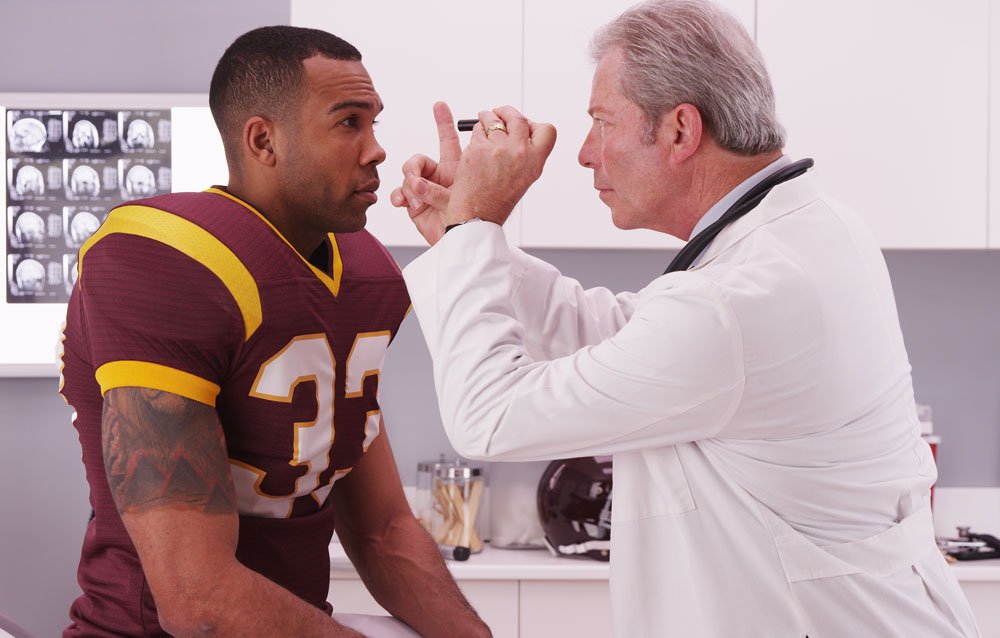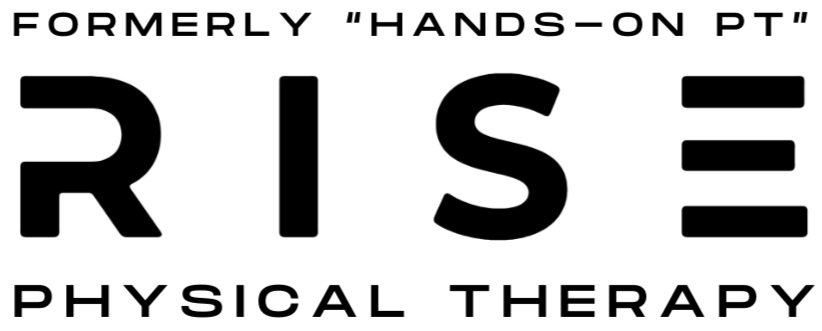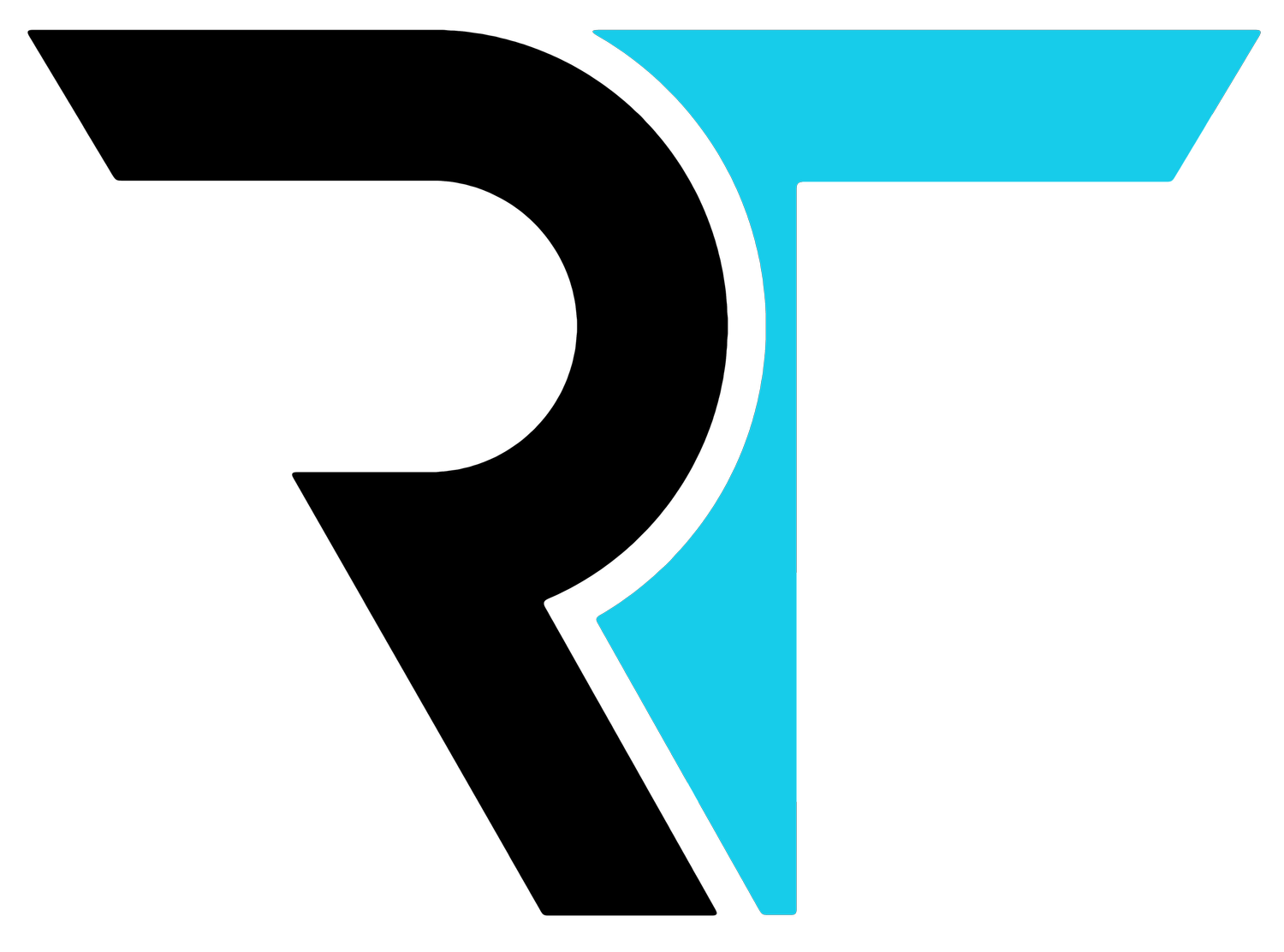
Concussion Rehab
at RISE PT
How RISE PT treats Concussions
Concussions, often referred to as mild traumatic brain injuries (mTBIs), are a common consequence of accidents and sports-related injuries. While they are typically considered mild in comparison to more severe brain injuries, concussions can still have a significant impact on an individual's life. Physical therapy plays a crucial role in the rehabilitation process following a concussion, helping patients regain their physical and cognitive functions while ensuring a safe and effective recovery.
Understanding Concussions
Before delving into the role of physical therapy, it's essential to understand the nature of concussions. A concussion occurs when the brain experiences a sudden jolt or blow, causing it to move within the skull. This movement can result in a range of symptoms, including headache, dizziness, memory problems, difficulty concentrating, and changes in mood or behavior.
Concussion Rehabilitation Goals
Recovering from a concussion involves not only addressing the immediate symptoms but also focusing on long-term recovery and prevention of complications. The primary goals of concussion rehabilitation include:
1. Symptom Management: Physical therapy can help alleviate common symptoms like headache, dizziness, and neck pain through targeted exercises and manual techniques.
2. Restoration of Physical Function: Many individuals with concussions experience a decline in physical abilities due to inactivity. Physical therapy helps patients regain strength, balance, and coordination.
3. Cognitive Rehabilitation: Cognitive impairments are common after a concussion. Physical therapists work in collaboration with other healthcare professionals to address memory problems, difficulty concentrating, and mental fatigue.
4. Return to Daily Activities: Concussion can disrupt an individual's ability to perform daily tasks. Physical therapy focuses on restoring functional independence and helping patients return to their regular routines.
The Role of Physical Therapy in Concussion Rehabilitation
1. Initial Assessment: The rehabilitation process begins with a thorough assessment of the patient's condition. Physical therapists evaluate the individual's symptoms, physical abilities, and cognitive function to develop a personalized treatment plan.
2. Symptom Management: Physical therapists use various techniques to manage symptoms. Manual therapy, such as neck mobilization and soft tissue massage, can help alleviate headaches and neck pain. Additionally, therapists may employ vestibular rehabilitation to address balance and dizziness issues.
3. Gradual Return to Physical Activity: Rest is essential in the early stages of concussion recovery, but prolonged inactivity can lead to muscle weakness and stiffness. Physical therapists design gradual exercise programs tailored to each patient's needs, ensuring a safe return to physical activity.
4. Balance and Coordination Training: Balance deficits are common after a concussion, increasing the risk of falls. Physical therapists use exercises and techniques to improve balance and coordination, reducing the risk of secondary injuries.
5. Cognitive Rehabilitation: Addressing cognitive impairments is a crucial aspect of concussion rehabilitation. Physical therapists may work alongside neuropsychologists and speech therapists to develop strategies for memory enhancement, attention improvement, and mental fatigue management.
6. Education and Prevention: Physical therapists educate patients on concussion management and prevention. They provide guidance on lifestyle modifications, such as proper sleep, nutrition, and hydration, to support the healing process and reduce the risk of further injury.
Concussions can have a significant impact on an individual's physical and cognitive functioning. Physical therapy plays a vital role in the rehabilitation process, helping patients manage symptoms, regain physical and cognitive function, and safely return to their daily activities and sports. A comprehensive approach that combines medical evaluation, physical therapy, and cognitive rehabilitation can significantly enhance the outcomes of individuals recovering from concussions, ensuring a more complete and effective recovery. If you or someone you know has suffered a concussion, consider consulting with a healthcare professional to explore the benefits of physical therapy in the rehabilitation process.
“Everything negative - pressure, challenges - is all an opportunity for me to RISE.”
-Koby Bryant
OUR METHOD
2.) Pain Reduction
1.) Assessment & Diagnosis
4.) Long term Prevention
3.) Return to Function

WHAT BOISE IS SAYING:
⭐⭐⭐⭐⭐






